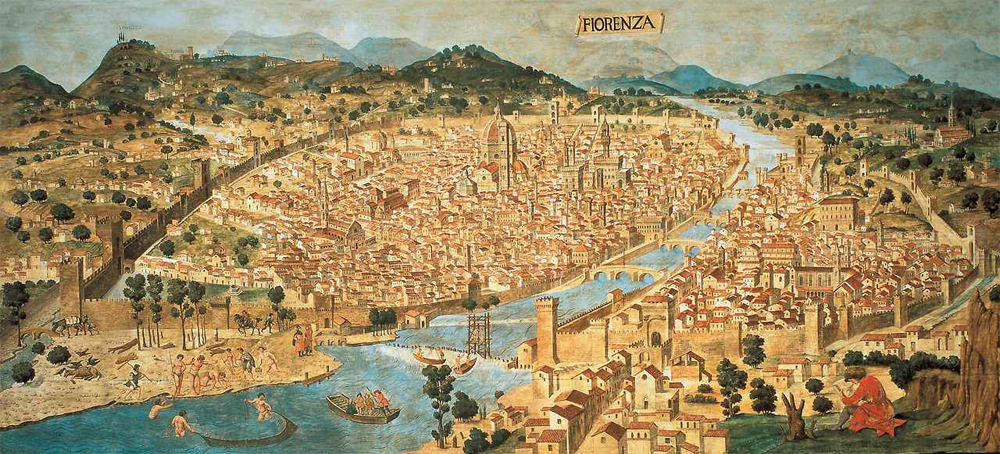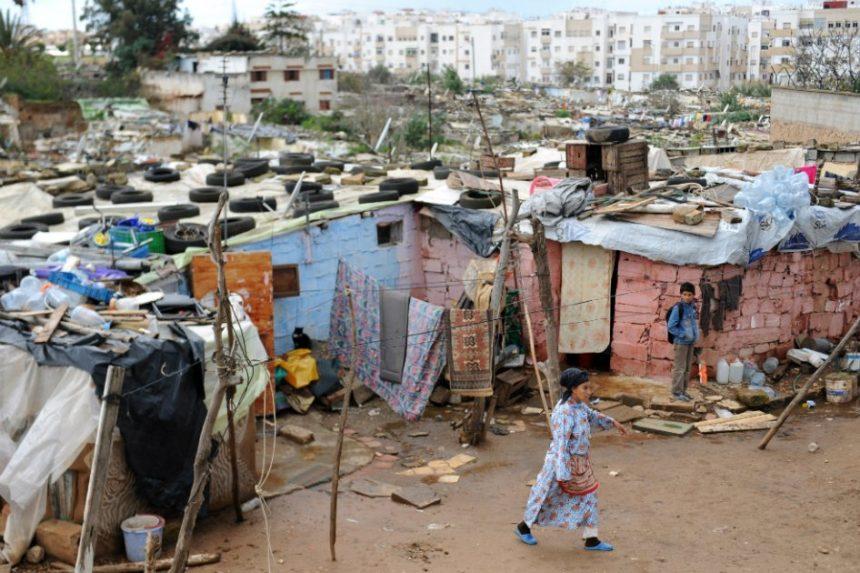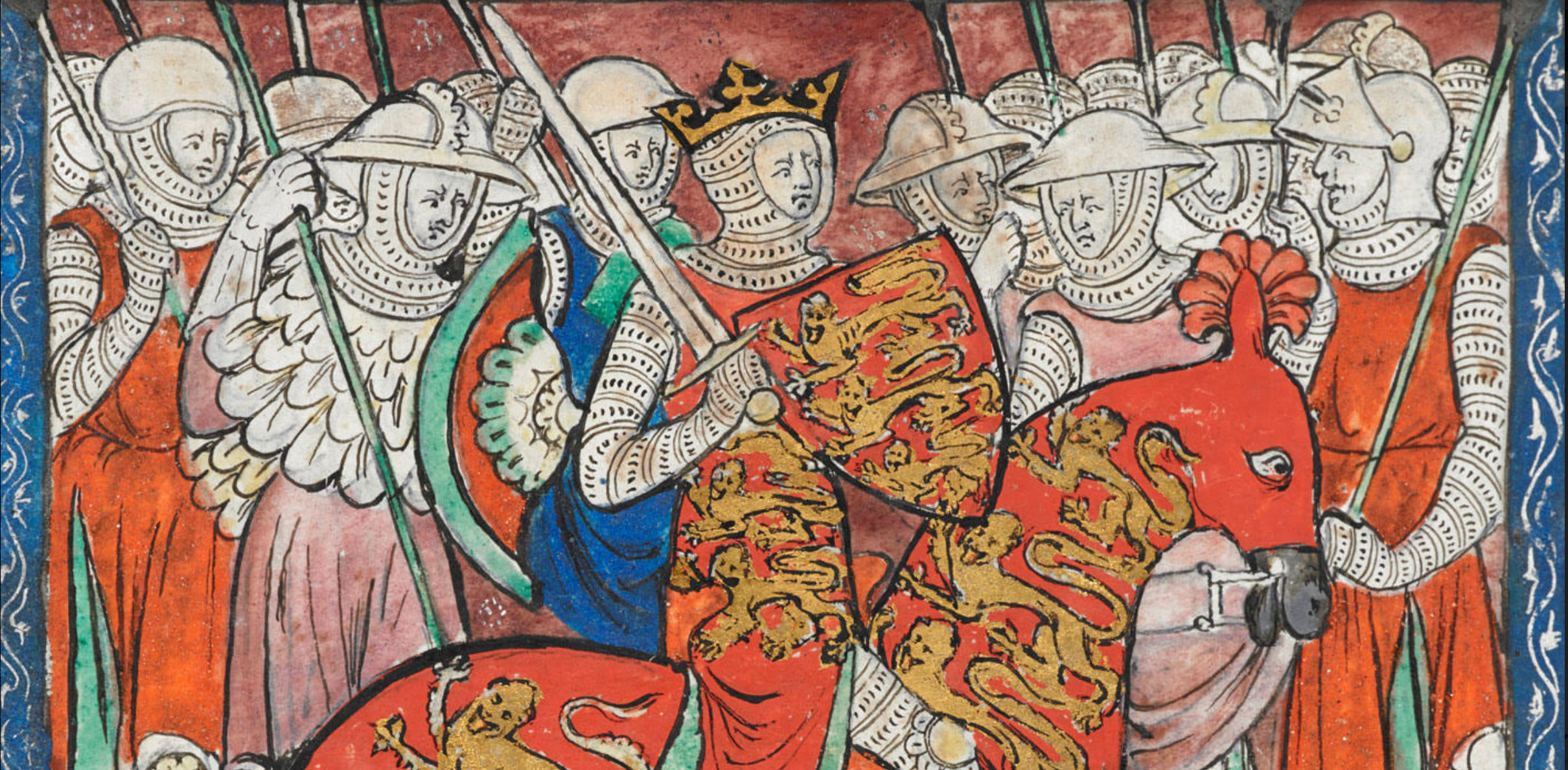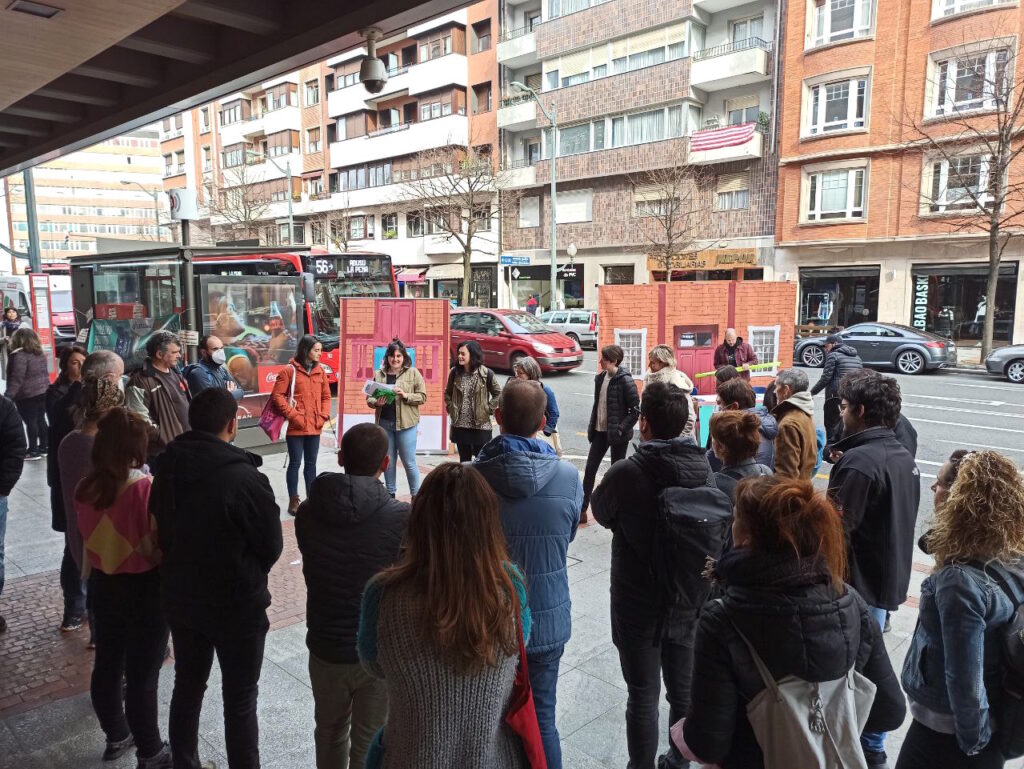The rich are always rich.
- Florence, 1427. After the economic and demographic crisis of the 14th century, the city revived. Coinciding with the rise of the bourgeoisie and thanks to its patronage, Florence was the nest of the Renaissance.

And in addition to art, the economy also flourished thanks, mainly, to the wool trade. That's what the Albizzi family did, which at the time was in power. But by then the Medici had extended their tentacles, by the hand of the Old Cosimo (1389-1464); a few years later, the Medici family would acquire command of the city and would not liberate it for more than three centuries.
Specifically, that year, in 1427, a census was formed in the city to collect taxes, in which the citizens' property and income were collected in detail. A few years ago, these taxpayers' data were digitized and put online. Taking this opportunity, Italian economists Guglielmo Barone and Sauro Mocetti have compared this data from the 15th century with those from 2011.
Among other things, they analyzed the revenues related to 800 surnames and drew up a list of the five earning names in the current Florence. Later, in the 1427 census, they sought information on the incomes, assets and professions of these five surnames. And the result is clarifying: four of the top five names in the list (the top four) exceeded the average income in 1427, and three of them among the richest, 10%. And what are those last names? In the research they have been designated with the letters A, B, C, D and E, for privacy reasons.
In other words, after 600 years of siege, Napoleon's campaign, Mussolini's dictatorship and two world wars, little has changed in the distribution of goods. But Barone and Mocetti claim that the result of their research cannot be generalized.
In 1986 economists Gary Becker and Nigel Tomes said in his book Human Capital and the Rise and Fall of Families: “Most of the goods collected by the ancestors, for good and for evil, are destroyed in three generations.” In this regard, he stressed that what happened in Florence is "an exception".
But a few years ago, Gregory Clark and Neil Cummins conducted similar research in England (Surnames and Social Mobility in England, 1170–2012), and in eight centuries (28 generations) they showed that most elite families had maintained their status. Clark would add eight countries in another play (The Son Also Rises, 2014): Sweden, United States, India, Taiwan, Japan, Korea, Chile and China. In all of them he concluded that the rich of the past are also rich today.
Hastings (England), 1066. The army of the Duke of Normandy I of Gil conquered the troops of King Harold II and conquered the throne. Gil's conqueror I was king until 1087.
In this reign after the Norman conquest, the rebellion organized uprising, effective administration and the... [+]
Rent 338 euros or buy 119,000 euros. This is what a woman between 18 and 44 years old can afford on average to live on her own in the CAPV. In any case, since the housing reserve will not exceed 30 per cent of the income. They are data from the Basque Government, and, as they... [+]
I have been talking to a colleague of all the aids to reduce the ‘digital divide’: from the private sector, from Europe, from the state, from the government… Among the quotation marks I place the digital divide, as many problems that existed before its implementation are... [+]
Ostegun honetarako manifestazio handia espero da Liman Dina Boluarte kargutik kendu, parlamentua desegin eta Perurentzako beste konstituzio bat eskatzeko. Herritar asko autobusez eta kamioiez karabanetan antolatuta iritsi da hegoaldeko eskualdeetatik herrialdeko hiribururaino.
























